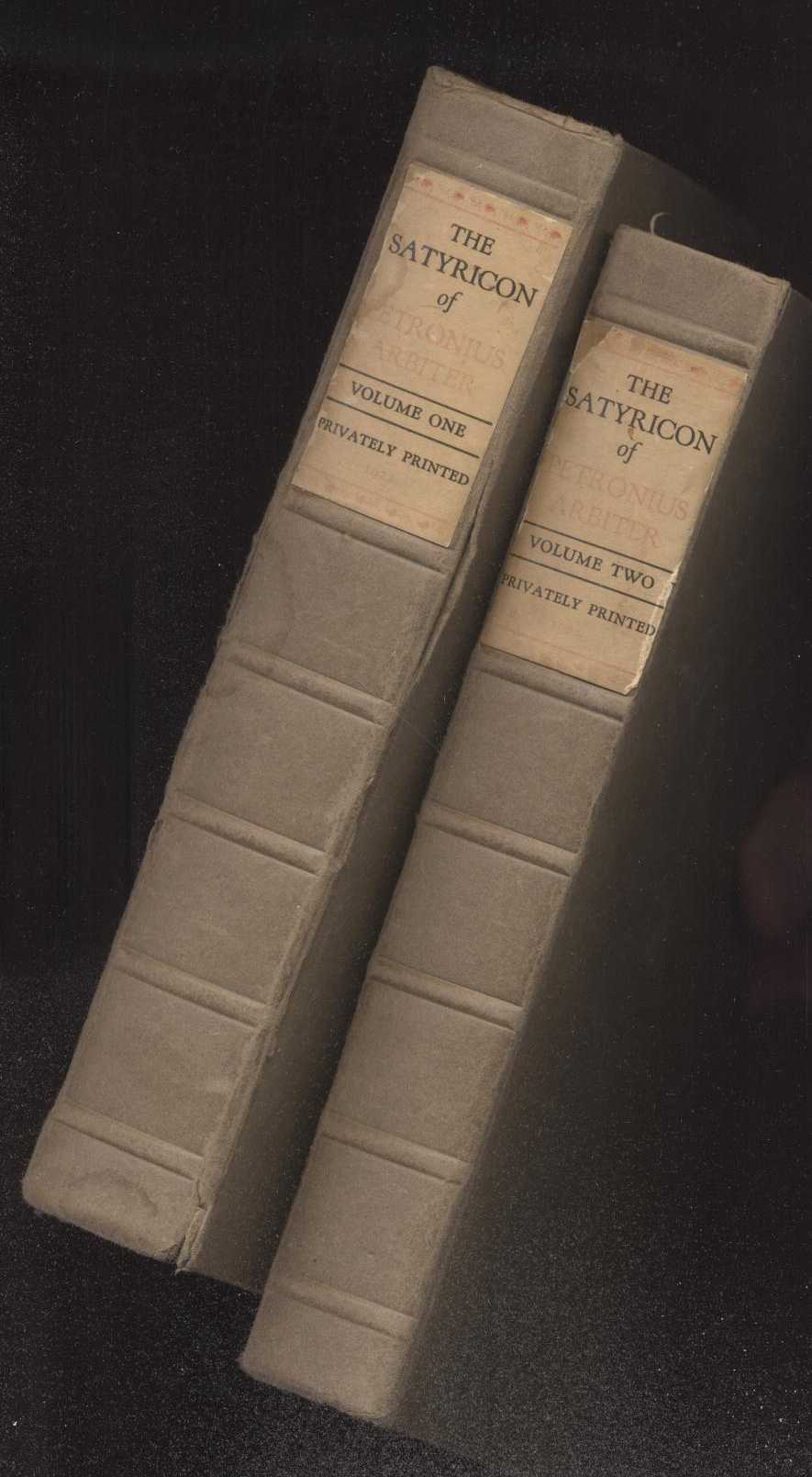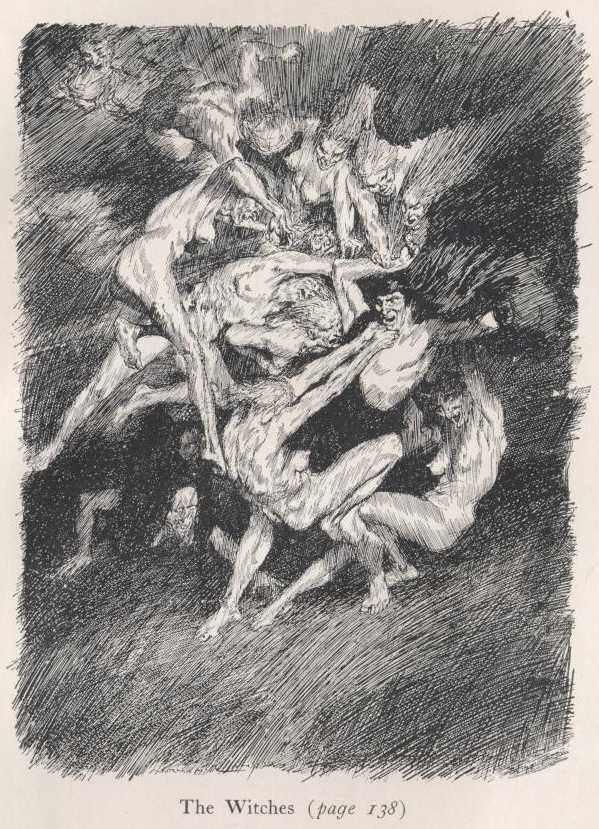THE SATYRICON OF
PETRONIUS ARBITER
Volume 1.
Complete and unexpurgated translation by W. C. Firebaugh,in which are incorporated the forgeries of Nodot and Marchena,and the readings introduced into the text by De Salas.
PREFACE
Among the difficulties which beset the path of the conscientioustranslator, a sense of his own unworthiness must ever take precedence;but another, scarcely less disconcerting, is the likelihood ofmisunderstanding some allusion which was perfectly familiar to the authorand his public, but which, by reason of its purely local significance,is obscure and subject to the misinterpretation and emendation of a latergeneration.
A translation worthy of the name is as much the product of a literaryepoch as it is of the brain and labor of a scholar; and Melmouth'sversion of the letters of Pliny the Younger, made, as it was, at aperiod when the art of English letter writing had attained its highestexcellence, may well be the despair of our twentieth century apostles ofspecialization. Who, today, could imbue a translation of the Golden Asswith the exquisite flavor of William Adlington's unscholarly version ofthat masterpiece? Who could rival Arthur Golding's rendering of theMetamorphoses of Ovid, or Francis Hicke's masterly rendering of Lucian'sTrue History? But eternal life means endless change and in nothing isthis truth more strikingly manifest than in the growth and decadence ofliving languages and in the translation of dead tongues into the everchanging tissue of the living. Were it not for this, no translationworthy of the name would ever stand in need of revision, except ininstances where the discovery and collation of fresh manuscripts hadimproved the text. In the case of an author whose characters speak inthe argot proper to their surroundings, the necessity for revision iseven more imperative; the change in the cultured speech of a language isa process that requires years to become pronounced, the evolution ofslang is rapid and its usage ephemeral. For example Stephen Gaselee, inhis bibliography of Petronius, calls attention to Harry Thurston Peck'srendering of "bell um pomum" by "he's a daisy," and remarks,appropriately enough, "that this was well enough for 1898; but we wouldnow be more inclined to render it 'he's a peach.'" Again, Peck renders"illud erat vivere" by "that was life," but, in the words of our lyricAmerican jazz, we would be more inclined to render it "that was thelife." "But," as Professor Gaselee has said, "no rendering of this partof the Satyricon can be final, it must always be in the slang of thehour."
"Some," writes the immortal translator of Rabelais, in his preface,"have deservedly gained esteem by translating; yet not many condescendto translate but such as cannot invent; though to do the first well,requires often as much genius as to do the latter. I wish, r

